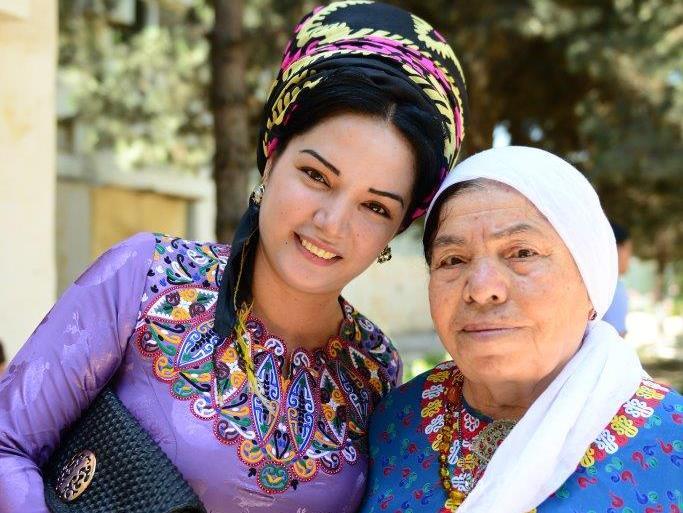UNFPA, United Nations Population Fund advises the Government in the development of the second National Action Plan (NAP) on gender equality in Turkmenistan for 2021-2025. The Working group of the Interdepartmental Committee on human rights obligations met today to review the results of the NAP assessment and discuss the key directions of the gender equality action plan for the period of 2021-2025.
Turkmenistan adopted the first National Action Plan on gender equality in Turkmenistan in 2015 with UNFPA support and this is the key instrument in realization of the gender policy in the country. The NAP reflects the Concluding observations of the Convention on the Elimination of All Forms of Discrimination against Women (CEDAW). Turkmenistan ratified the CEDAW in 1997 and its Optional Protocol in 2009.
Last year UNFPA provided technical support to the Government in assessing the National plan for the progress towards gender equality and empowerment and opportunities for women in Turkmenistan during the implementation period. The results of the assessment also include the recommendations for the development of the NAP for the period of 2021-2025. The new NAP will cover important areas including engendering legislation, addressing gender-based violence through the multi-sectoral response system, promoting the reproductive rights and mainstreaming gender equality in all spheres of life, including education, healthcare, employment and others.
The new action plan will be developed with the UNFPA advisory support and will include the recommendations of the CEDAW Committee received following the constructive dialogue with the Government of Turkmenistan in 2018, as well as the recommendations on gender equality issues within the framework of the 2018 Universal Periodic Review.


